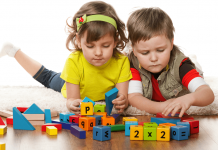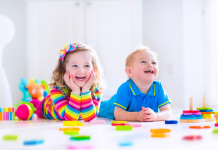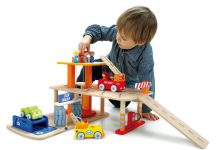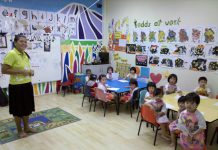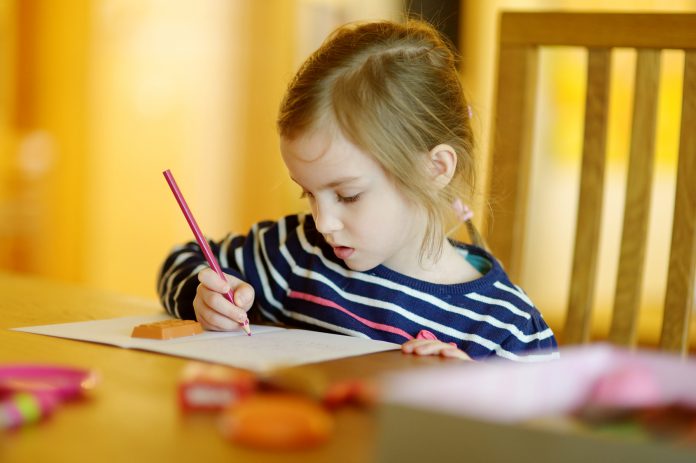Childcare centres start their programmes when your child reaches 18 months old. But how do you tell if she is ready?
HERE’S OUR LIST OF QUESTIONS TO HELP YOU DECIDE:
1. Potty-Training?
Is she potty-trained yet? This is the first questions most preschools ask when you make enquiries. Some preschools which run exclusively for enrichment services do not have the facilities nor are the teachers trained to handle kids who are not toilet-trained. Most childcare centres admit children who are not ready yet as they provide care services right from 7 am to 7 pm. However, some preschools, which also qualify as childcare centres, have morning or afternoon programmes limited to kids who have mastered the toilet. Their classes in two sessions, similar to kindergarten format: 9 am to 1 pm or 2 pm to 6 pm.
2. Separation Anxiety?
Children, who have been at infant care centres, usually take well to the transition to childcare. Some kids who have had regular caregivers like domestic helpers or grandparents while you were at work, often take to preschool with ease. But if your child has been exclusively under your care, it’s time to introduce her to the idea of being away from you for extended periods of time. Make sure she understands that you’ll be away for a while and back later. If your child started off with strangers’ anxiety, she may progress to separation anxiety at ages two to three. Children who resist changes in their caregivers or take time to warm up to new environments may need a little handholding. For instance, you can ask grandma to babysit her for ‘practice’. Slowly ease her into acceptance that you may have to be away for some time and will be back to take her home later. Check with the preschools if you can arrange a few shorter transitional days, just for the first week to ensure your child settles in positively.
3. Social Skills?
Does your child happy around other kids? She need not be a social dynamite, but she needs to be comfortable being amongst other kids. Early exposure to play time at community play areas like playgrounds or swimming pools can greatly help them. Does she like to share? Most kids may be possessive of their stuff at the toddler stage, but ensure she does not snatch, pull away stuff from other children or hit them. Gently encourage her to share. Introduce the concept to her by having regular play dates. Go for birthday parties, host one yourself or sign up for playgroups to set her up to interact with other kids.
4. Switch Activities?
Some kids zoom from one activity to the next happily, while some kids can throw tantrums when asked to put away toys before naptime. Your child will be in transition from one activity to another throughout the day in preschool so she’ll have to cope with them with ease. Observe your child’s nature when she has to transit from one activity to another. If she needs more time, give her reminders to say the activity is going to be over soon. Make this habit for her to get comfortable to stop one activity and move to another.
5. Follow Instructions?
Though preschool for the early years is not as structured as the kindergarten years, it’ll be helpful if your child can follow simple routine instructions like “Sit down at your place”, “Clear up the play area” and “Put your bag in the cubby hole”. If you think she is not ready for instructions, start infusing them in her daily routine. Come up with a list of things you can practise at home. For example, you can assign a place for her bag and shoes and have her practise returning them to their respective places daily. Overtime, she’ll get used to the routine and start doing the daily chores without you telling her. Cheer her on when she does them – she is on her way to becoming a responsible pre-schooler!






